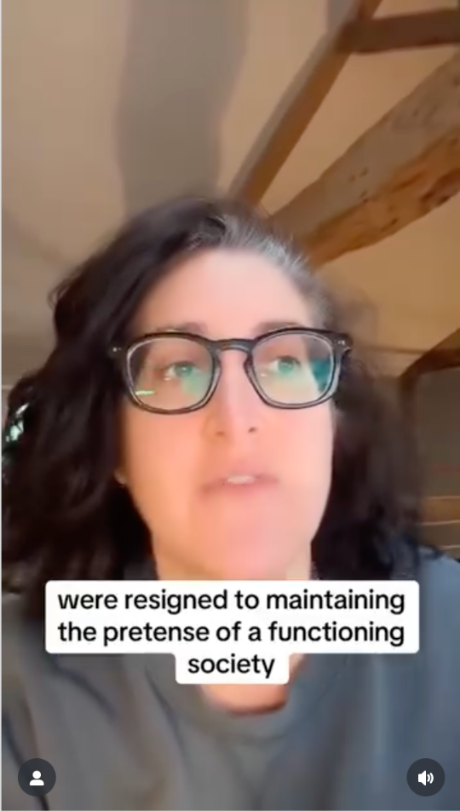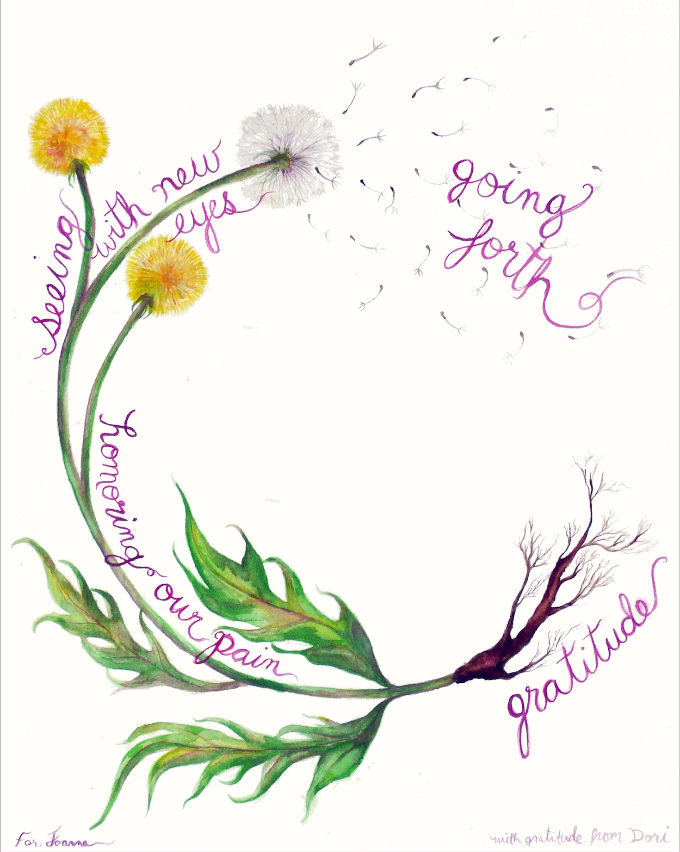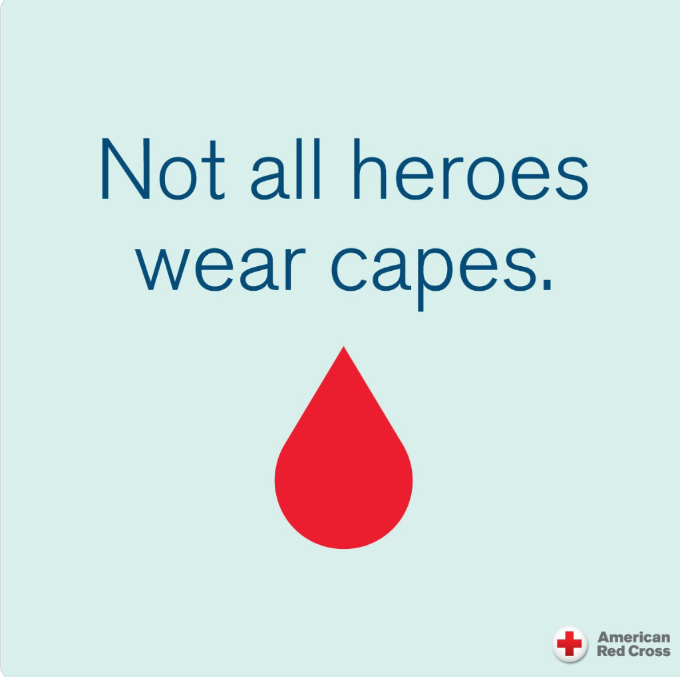July 11, 2025
Civics
That sensation that everything seems broken but feels strangely normal? It has a name.

Rahaf Harfoush posted this video about what scholars call "hypernormalization" in January of 2025. Just four months later it had just under 9 million views.
Ernst Bloch warned that the most profound loss under fascism is not material or even psychological security, but the erosion of imaginative hope—the ability to envision a different, better reality.
When people lose the capacity to imagine alternatives, they become resigned to the status quo, no matter how dysfunctional. This lies at the heart of hypernormalization: dysfunction becomes normalized because the collective imagination has been stifled.
Hypernormalization describes a state in which people recognize that political, economic, and social systems are failing, yet continue to behave as if they are functioning—often out of fear, resignation, or habit. This creates a deep disconnect: privately, individuals may feel dread, anxiety, or a sense that something is terribly wrong, while publicly they maintain the appearance of normalcy.
Hypernormalization is a thing. It is unfolding in the United States today.
This article by Adrienne Matei illustrates how enormous energy is spent maintaining these illusions. People dissociate, ignore, or rationalize dysfunction because facing reality can feel overwhelming or futile.
Importantly, Matei emphasizes that naming hypernormalization is itself a powerful act. Acknowledging it can be a critical first step toward confronting systemic dysfunction. Recognition disrupts complacency, sparks honest conversation, aligns private feelings with public discourse, and promotes both mental well-being and civic engagement. It builds collective agency and fosters solidarity—essential foundations for meaningful change.
ARTICLE: Systems Are Crumbling – But Daily Life Continues. The Dissonance Is Real
RELATED VIDEO: 2016 HyperNormalisation Official Trailer 1 HD BBC




